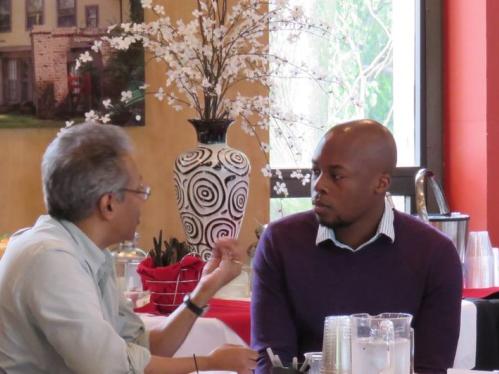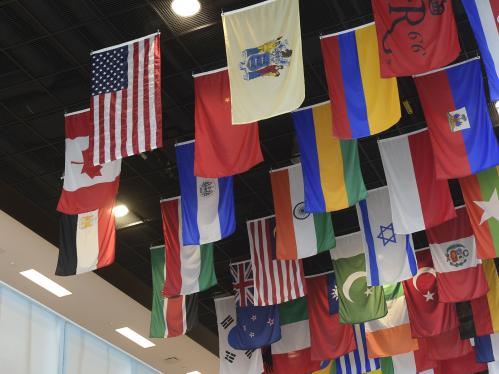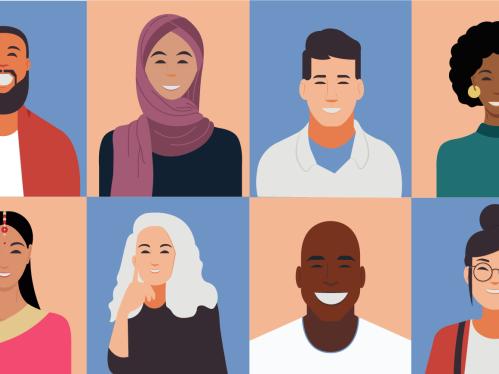
Culturally Aware Mentoring
Why does attention to differences matter in a mentoring partnership?
We all have our own identities in a variety of domains: race, ethnicity, gender identity, sexual orientation, and so on. These identities not only shape who we are but the experiences we've had--good and bad--as a result. Attending to differences is necessary to acknowledge and respect the impact they may have on a mentoring partnership. It offers an opportunity to use the differences as a catalyst to become more informed, respectful, and open when it comes to identities that are different from your own.

Rutgers University is one of the most diverse academic institutions in the nation.
Students
Countries
International scholars
What is Culturally Aware Mentoring?
Cross-cultural mentoring involves an ongoing, intentional, and mutually enriching relationship with someone of a different race, gender, ethnicity, religion, cultural background, socioeconomic background, sexual orientation, or nationality. At its best, this relationship is built on a foundation of what Betty Neal Crutcher calls “the three Vs”: values, virtues, and vision. The identification of values that are held in common, even across difference, leads to the development of trust and understanding. The cultivation of virtues—the abilities and ways of knowing that enable one to deal with various personalities, cultures, and experiences—enables one to maintain individual and institutional boundaries and to overcome barriers between people. The commitment to a vision of inclusive excellence inspires one to clear educational pathways and help others overcome obstacles and limitations.

Tools You Can Use
Get Involved
Need a mentor or looking for a mentorship opportunity? Check out the Rutgers Connection Network (RCN) Mentoring Program.
